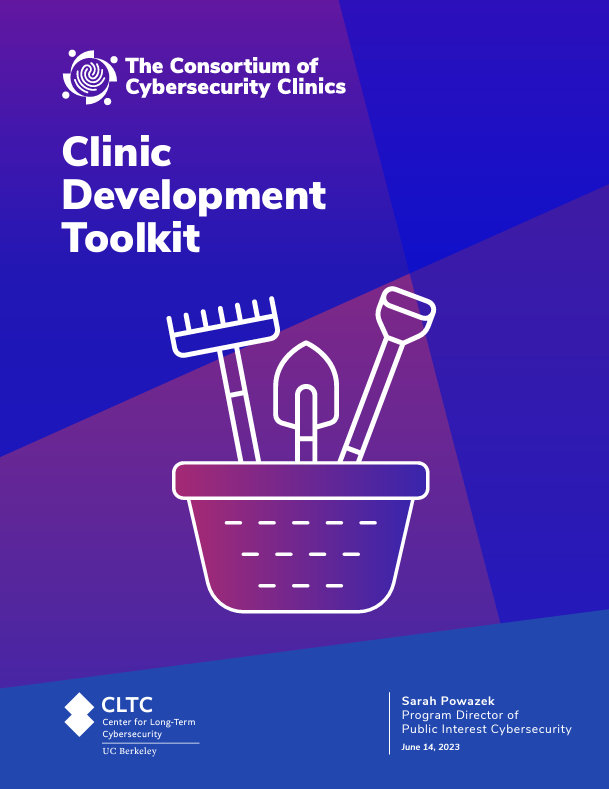Texas Congressman Marc Veasey recently spoke as an advocate for cybersecurity clinics, a trailblazing model that is scaling nationally and worldwide through the Consortium of Cybersecurity Clinics.
Veasey, a member of the U.S. House of Representatives Committee on Energy and Commerce, made the remarks as part of a January 11 subcommittee hearing titled “Safeguarding Americans’ Communications: Strengthening Cybersecurity in a Digital Era.” The purpose of the hearing was to respond to the increasing frequency and complex nature of cyberattacks and mitigate the risks to America’s communications networks.

“Clinics offer a potential path to help increase the number of cybersecurity professionals and help [underrepresented] civil society organizations, state and local government agencies, and small and medium-sized businesses develop their cyber workforce security.“
Congressman Veasey
In Fall 2022, Congressman Veasey also introduced the Cybersecurity Clinics Grant Program Act, which would create a Department of Homeland Security (DHS) grant program to fund higher education-based cybersecurity clinics at community colleges and minority-serving institutions. The legislation would also require DHS to develop an experiential cybersecurity curriculum for grant recipients.
A recording and transcript of Congressman Veasey’s remarks can be found below.
“What a great hearing to talk about cybersecurity defenses — I think that we cannot have enough conversations about it. I think that we need to continue to do everything that we can to raise awareness amongst the American public and even empower individual Americans to do what they can in their own small businesses and homes to protect themselves.
Last Congress, I introduced the Cybersecurity Clinics Grant Program Act. The bill would create a grant program at the Department of Homeland Security to fund higher education-based cybersecurity clinics at community colleges and minority-based institutions.
Cybersecurity clinics are interactive, they’re personalized workshops that provide education on the importance of protecting devices, data, and identity from physical and digital compromise. It’s my belief that this model can really empower students and we can start working with people while they’re young — before they start their businesses and have to worry about their own households being compromised — on how they can protect themselves.
The benefits of these clinics at higher education institutions are twofold: the first is that these clinics really do offer a potential path to help increase the number of cybersecurity professionals; and the clinics help [underrepresented] civil society organizations, state and local government agencies, and small and medium-sized businesses develop their cyber workforce security.
Because again, I think that everyone is going to have to participate sooner or later in order to get this right. Efforts like these should help set the framework for a robust and strategic pipeline that can close the cyber workforce and skills gap while also strengthening our national security defenses domestically and globally.”


